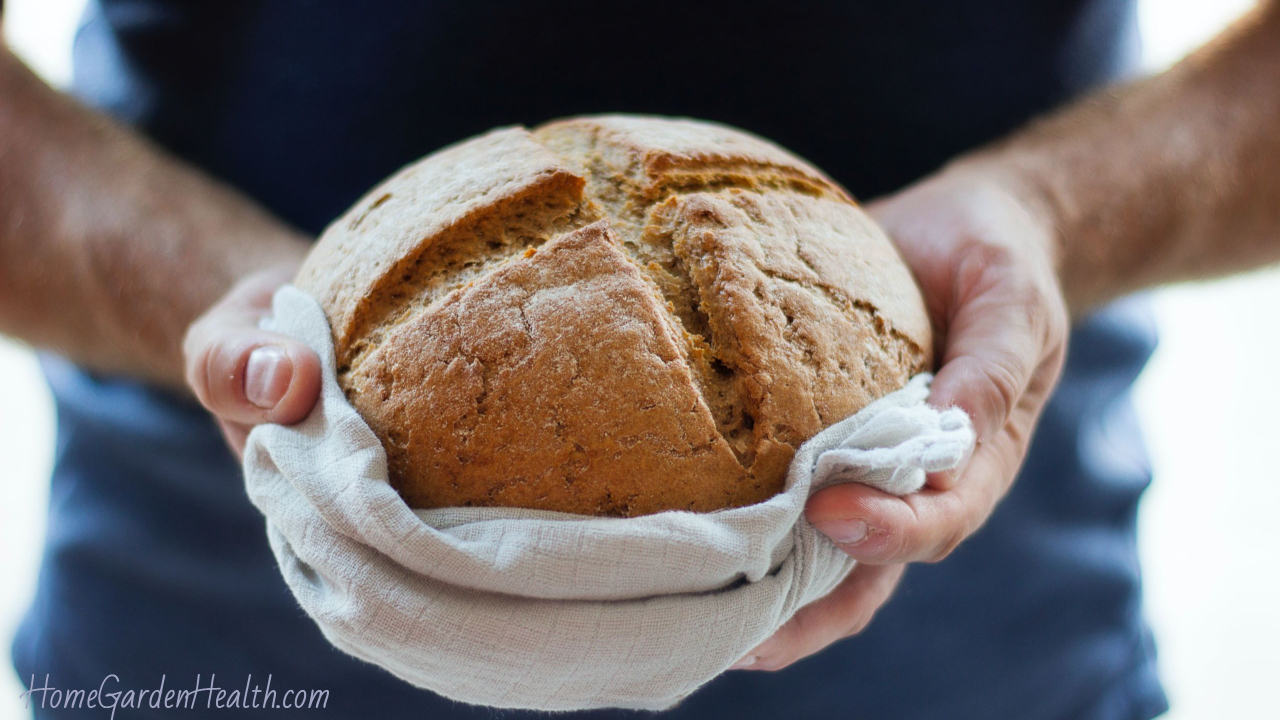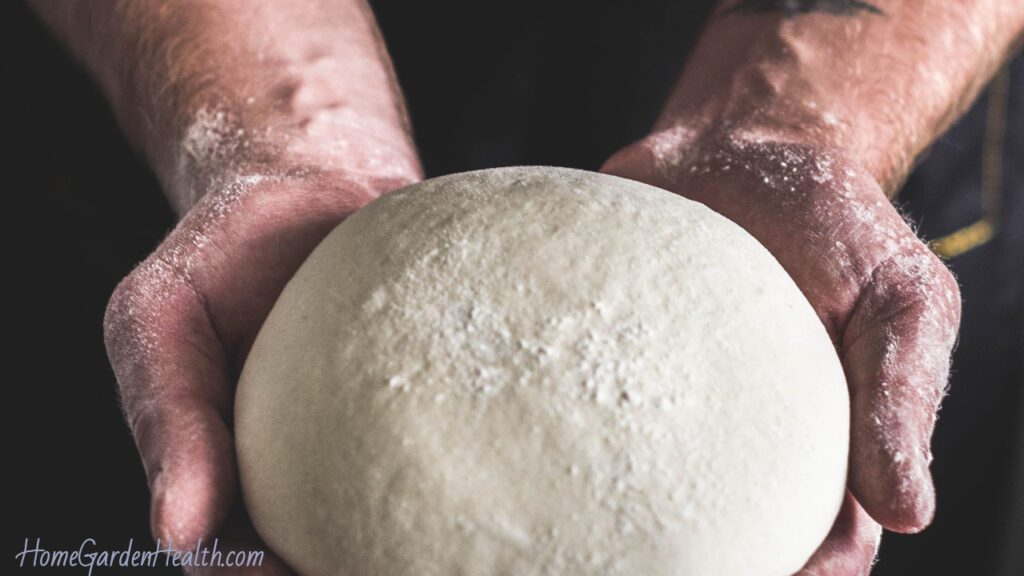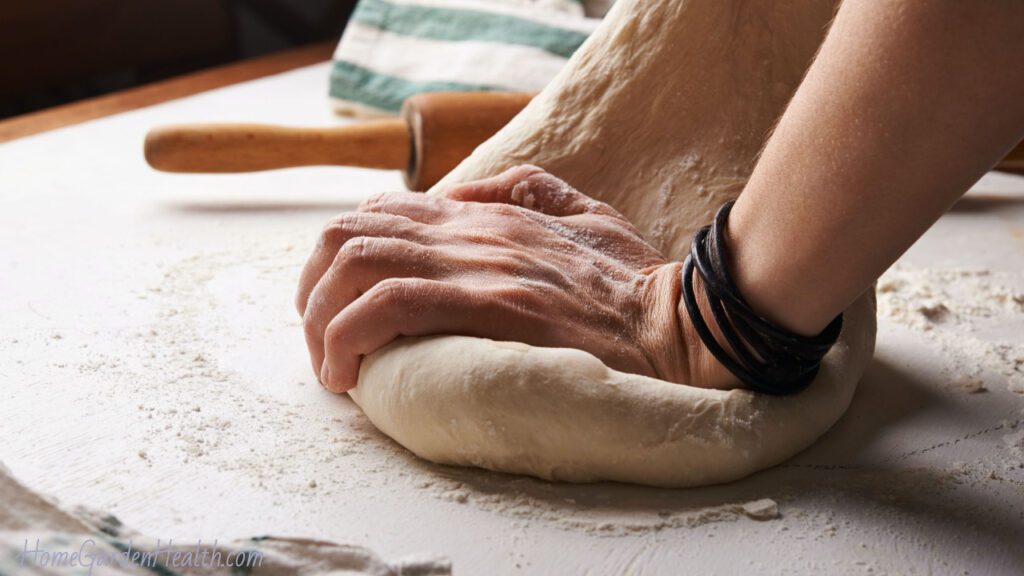
Bread, a staple food enjoyed across cultures and generations, is a product of centuries of culinary evolution. From the rustic loaves of ancient times to the intricately crafted artisanal varieties of today, the art of breadmaking has come a long way. Amidst this evolution, bread improvers have emerged as a key player, revolutionizing the way bread is prepared and enjoyed.
Introduction to Bread Improvers
In the world of baking, bread improvers are a range of additives designed to enhance various aspects of the breadmaking process. These additives, often in powder or liquid form, work in tandem with traditional ingredients like flour, water, yeast, and salt, aiming to improve the dough’s handling, texture, flavor, and shelf life. As production shifted from homes to commercial bakeries, the need for consistent quality and efficiency led to the development of bread improvers.

Understanding the Components of Bread Improvers
Enzymes: Nature’s Catalysts for Bread Enhancement
Enzymes play a pivotal role. Amylases, proteases, and lipases are enzymes commonly used. Amylases break down complex carbohydrates into simpler sugars, facilitating yeast fermentation. Proteases enhance dough elasticity by breaking down proteins, contributing to a smoother dough consistency. Lipases, on the other hand, assist in developing desirable flavors in the bread.
Emulsifiers: Binding Flavors and Textures
Emulsifiers are essential for creating a harmonious blend of water and oil-based ingredients. They enhance the dough’s extensibility, resulting in softer bread with a finer crumb structure. Additionally, emulsifiers contribute to the bread’s overall freshness and extend its shelf life.
Oxidizing Agents: Strengthening the Dough Structure
Oxidizing agents like ascorbic acid are crucial in strengthening the dough’s gluten network. This leads to better gas retention during fermentation, resulting in improved volume and texture of the bread. Oxidation also contributes to the bread’s crust color and overall appearance.
The Science
Balancing Act: Hydration and Fermentation
The hydration level of the dough significantly impacts its final texture. Improvers aid in maintaining consistent hydration, ensuring uniform fermentation and a desirable crumb structure. This balance between hydration and fermentation is essential for producing bread with an optimal rise and texture.
Strengthening Gluten Formation for Better Texture
Gluten, a protein present in wheat, is responsible for the dough’s elasticity and structure. Bread improvers assist in developing a strong gluten network, leading to bread that is airy, light, and chewy. This is particularly important for producing bread with a pleasant mouthfeel.
Extending Shelf Life: Role of Antioxidants
Antioxidants, contribute to extending the shelf life by preventing oxidative degradation. This helps maintain the bread’s freshness, flavor, and overall quality, reducing food waste.
Bread Improvers vs. Natural Fermentation
While bread improvers offer numerous advantages, the age-old technique of natural fermentation, as seen in sourdough, holds its ground. Natural fermentation contributes distinct flavors and textures that can be challenging to replicate.
Embracing Tradition: Sourdough and Natural Flavors
Sourdough bread, a product of wild yeast and lactic acid bacteria, boasts a rich, tangy flavor and an artisanal charm. Its slow fermentation process develops complex flavors and a unique texture, making it a favorite among bread enthusiasts.

Benefits
Consistent Quality: Overcoming Flour Variability
Flour composition can vary due to factors like wheat variety and growing conditions. Improvers help bakers overcome these variations, ensuring consistent quality across batches.
Time Efficiency: Streamlining the Baking Process
In commercial baking, time is of the essence. Bread improvers accelerate fermentation and dough development, allowing for quicker production cycles without compromising quality.
Enhanced Shelf Life: Reducing Food Waste
One of the most significant advantages is their role in extending shelf life. By maintaining freshness for longer periods, bread wastage is minimized, contributing to a more sustainable food system.
Addressing Concerns: Are they Safe?
Regulatory Oversight and Consumer Health
Bread improvers are subject to strict regulations and safety assessments by food authorities. When used within recommended limits, they pose no harm to consumer health. It’s essential to adhere to guidelines to ensure safe consumption.
Incorporating Bread Improvers in Home Baking
Elevating Homemade Bread: Bread Improver Tips for Amateurs
Amateur bakers can also benefit from bread improvers to enhance their homemade loaves. Opting for bread improvers specially formulated for home baking can result in improved texture and flavor.
Art and Science: The Breadmaking Renaissance
Mastering the Craft: Bakers as Innovators
Breadmaking, once considered a simple culinary task, has transformed into an art that combines tradition and innovation. Bakers experiment with different techniques, including bread improvers, to create unique and delightful varieties.
The Sustainability Question: Environmental Considerations
Balancing Innovation with Eco-Friendly Practices
The environmental impact of additives is a consideration. Striking a balance between innovation and sustainable practices is crucial for the future of breadmaking.
Conclusion: The Future of Bread Improvers
Bread improvers have undoubtedly revolutionized the world of baking, offering consistent quality, efficiency, and extended shelf life. As bakers continue to explore the synergy between tradition and innovation, the future of breadmaking holds promise. With proper understanding, regulation, and conscious decision-making, bread improvers can contribute to a thriving and sustainable future.
FAQs
Yes they are safe when used within recommended limits and regulatory guidelines. They undergo thorough safety assessments before being approved for use.
Yes, there are improvers designed for home baking. They can help enhance the texture and flavor of your homemade bread.
The environmental impact o is a consideration. It’s important to strike a balance between innovation and eco-friendly practices.
They may contain antioxidants that prevent oxidative degradation, maintaining the freshness and quality for longer periods.
Enzymes such as amylases, proteases, and lipases contribute to various aspects of bread enhancement, including fermentation, texture, and flavor.
References
https://www.bestrecipes.com.au/baking/articles/bread-improver/xpkotf0j


